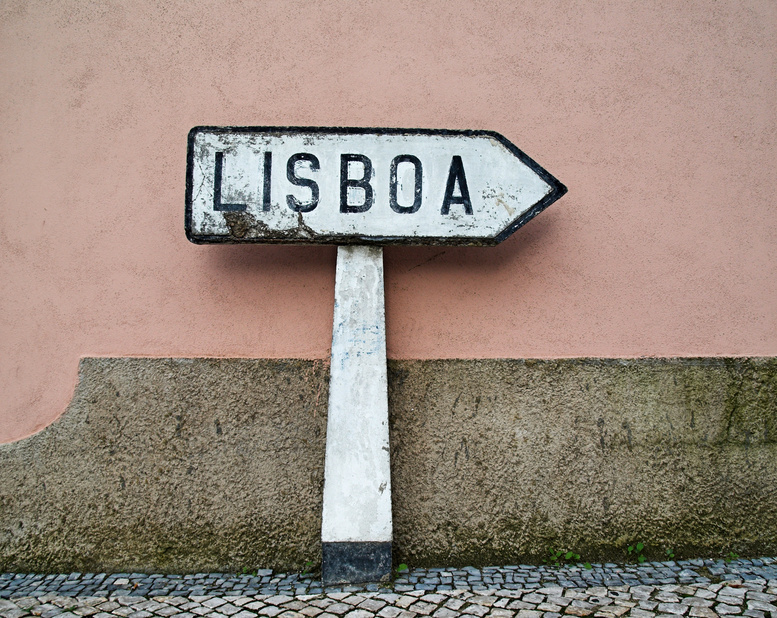The Lisbon Treaty is now expecting an important “yes” from one of its most bitter enemies, the Czech president, Vaclav Klaus.
The EU Czech presidency, which is just finished, has curbed the amount of Euroskepticism among the population.
Numerous European citizens, including the Czech population, have a rather confused idea of the changes that the Lisbon Treaty might bring into European legislation, including the national legislation of Member States. Despite this, however, even the most Euroskeptics, including the Czechs, agree that it is the only rational alternative to European growth: a Europe which has afforded freedom, also of movement, and which, in the future to come, aims to offer more and more opportunities for those who have acquired European citizenship. However, the number of those who believe otherwise, is not so low and, even if they actually represent a limited number, the anti-Lisbon group might create problems for Brussels. A search for possible culprits of a second hypothetical defeat of the European Treaty, leads us to Dublin and then quickly back to Prague where, from his Castle, the Czech president Vaclav Klaus is waiting for new developments after the disappointment for approval of the document at the Czech Senate.

It is well know that the Head of State is an opponent and an enemy of the Lisbon Treaty, which he has already defined as dead and buried after the “no” referendum in Ireland in June 2008. From then on, Klaus has never lost the chance to remind people, at home and abroad, of how much damage the reform, contained in the text, could bring, particularly in terms of centralizing national powers in Brussels. Thus, the most Euroskeptic president of Europe awaits and takes time before appending his signature – which would evoke a sigh of relief to many. Klaus is, first of all, waiting – as he has already announced a few hours after the ratification by the Senate – for the result of the petition to the Constitutional Court made by a number of senators, who are asking for an analysis of the legitimacy of the Lisbon Treaty, following a first evaluation made by the Supreme Court in November. In that occasion, however, only a short part of the text had been examined, leaving other aspects open for investigation into its constitutionality. If the group of senators guided by Jiri Oberfalzer present a request to the Court, the time required for the final signature by Klaus would inevitably extend into the autumn.
According to the constitutionalists, who have expressed views on the issue, the judges may require at least five months for its examination. In the meantime a lot of things might change in the Czech Republic, ranging from the division of seats in the Chamber of deputies, after the early elections to be held in october.
Klaus, however, is also waiting for another signal expected from Ireland. As with Germany and Poland – the other two countries in which, following the ratification, the presidential signature is still pending – also the Czech Republic, represented by its Head of State, has reaffirmed a number of times that the final decision on the ratification will depend on the Dublin decision. Meanwhile Czech Republic managed to conclude its semester and to get the announcement by the Irish government of the date for the new referendum on the Treaty.
Although standing at the window, waiting for a series of events to take place, as with a domino effect, which could change the destiny of Europe, a small change of opinion towards the EU may already be felt in the Czech Republic. If before the Czech presidency, the interest for this institution had been extremely bland and with little participation, since Prague has been at the centre of international politics as with important dossiers such as Gaza, the gas conflict and the economic-financial crisis, now even the Czechs look to Brussels with less scepticism. The position, however, is still far from being pro-European, but seems a necessary evil rather than an opportunity which is worth taking. Many people perhaps feel, as ex-prime minister Mirek Topolanek, that not signing the Lisbon Treaty would mean setting the country outside Europe and opening the way to Russian influence. A consequence, the Czechs must have thought, that would be more difficult to digest compared to the possibility of a European delegacy over national powers. The polls seem to show that the Czechs do not seem to know much about the Lisbon Treaty, but the majority support it because they understand that, despite deficiencies, it is the only way to maintain the hard fought closeness with Europe. Many simply wish to be European even if they are not interested in the balance of power between the central states and Brussels
By Daniela Mogavero




